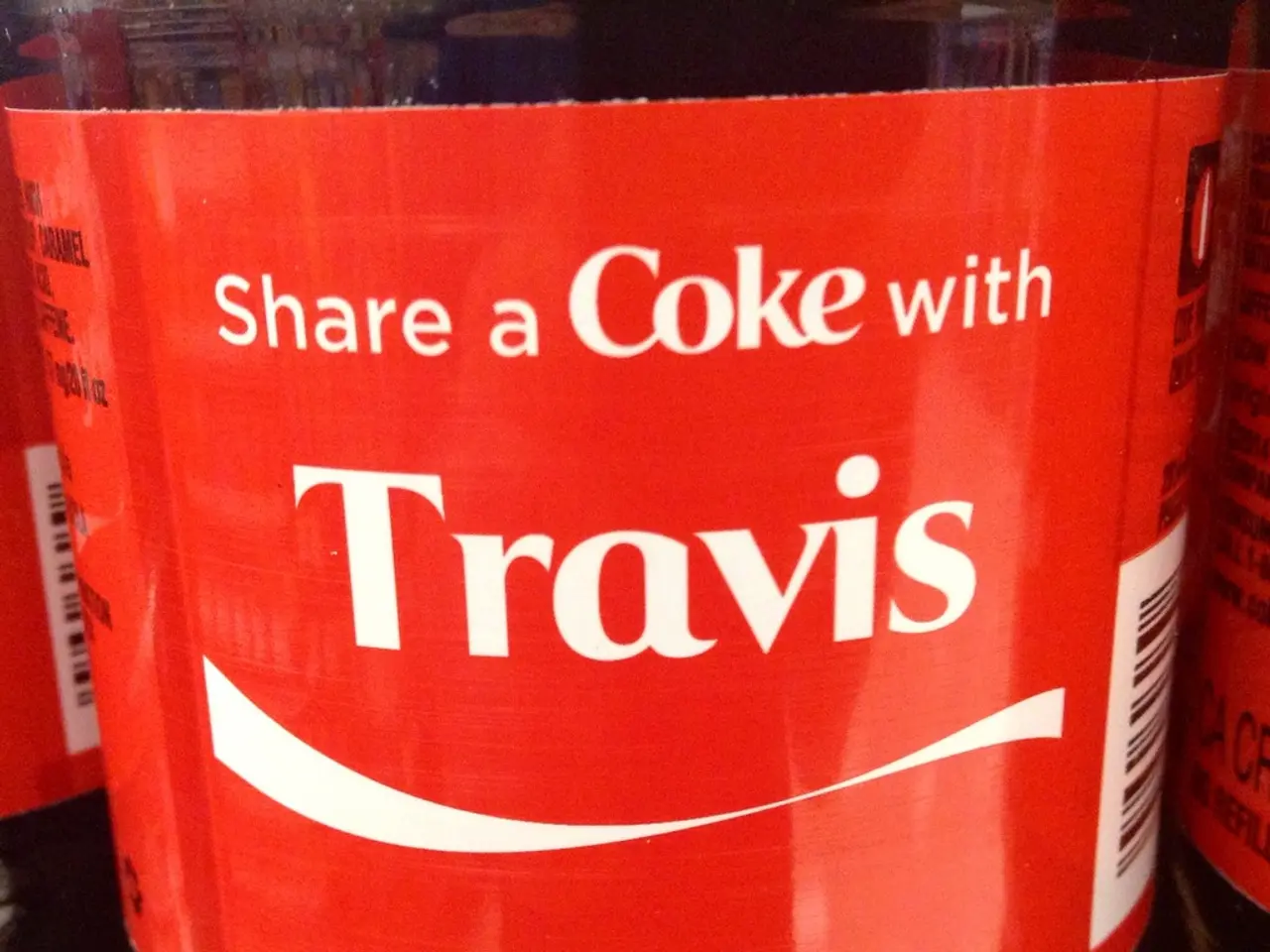American drug cartel associates, implicated in a multimillion-dollar timeshare swindle that specifically targeted citizens of the United States, are now subject to financial restrictions by U.S. authorities.
U.S. and Mexican Governments Take Action Against Jalisco Cartel's Timeshare Fraud
The Jalisco New Generation Cartel (CJNG) has been exposed for its involvement in a multimillion-dollar timeshare fraud targeting elderly Americans. The scheme, which has been operating since around 2012, uses call centers in Puerto Vallarta and surrounding areas to run complex scams.
The scams involve promising to help victims sell or rent out their timeshares or offering fake investment opportunities tied to timeshare properties. Victims, mostly elderly Americans, are coaxed into paying advance fees and taxes via wire transfers, leading to financial losses totaling hundreds of millions of dollars. According to FBI data, about 6,000 victims lost nearly $300 million between 2019 and 2023, with over $50 million lost in 2024 alone.
The cartel uses fluent English-speaking telemarketers and impersonates U.S. brokers, lawyers, or government officials, even posing as Treasury Department agents in some cases. In June 2023, U.S. and Mexican officials confirmed that as many as eight young workers were killed after they apparently tried to quit jobs at a call center operated by the Jalisco cartel.
In response, the U.S. Department of the Treasury has imposed sanctions on more than a dozen Mexican companies and individuals tied to the scheme, prohibiting Americans from doing business with them and freezing any U.S.-based assets. These sanctions target key cartel operatives involved in fraud and related violent enforcement activities, aiming to disrupt the cartel's revenue stream.
U.S. Treasury Secretary Scott Bessent emphasized the broader goal of eradicating cartel financing mechanisms that fuel their terrorist and narcotic operations, particularly focusing on protecting vulnerable elderly Americans from such fraud.
On the Mexican government side, coordinated actions include transferring numerous high-ranking cartel figures from Mexican prisons to U.S. custody to dismantle cartel influence networks and break criminal operations within prisons. These transfers are part of security cooperation but are not tied to tariff negotiation deals. Mexican Security Minister Omar García Harfuch stated that the mass transfer was a strategic measure to ensure public safety and prevent cartels from operating within prisons.
The Jalisco cartel, known by its Spanish initials as the CJNG, has reportedly killed call center workers who try to quit. The cartel is also known for producing millions of doses of deadly fentanyl, causing approximately 70,000 overdose deaths per year in the United States. The Department of Justice has classified the Jalisco cartel as one of the five most dangerous transnational criminal organizations in the world.
In the past, associates and accountants related to such schemes have also been sanctioned by the administration of then-President Joe Biden. The U.S. government has offered a reward of up to $15 million for information leading to "El Mencho's" arrest or conviction, with Nemesio Oseguera, also known as "El Mencho," being the leader of the Jalisco cartel and among the most sought individuals by Mexican and American authorities.
[1] Timeshare Fraud Causes Millions in Losses for Elderly Americans [2] U.S. Treasury Imposes Sanctions on Mexican Companies and Individuals Tied to Timeshare Fraud [3] Jalisco Cartel Operators Posing as U.S. Treasury Department Officials [4] U.S. and Mexican Governments Unite Against Jalisco Cartel's Timeshare Fraud
Read also:
- Unveiling Innovation in Propulsion: A Deep Dive into the Advantages and Obstacles of Magnetic Engines
- Intensified farm machinery emissions posing challenges to China's net-zero targets
- EU Fuel Ban Alerts Mercedes Boss of Potential Crisis
- Nuclear plant revitalized: Artificial intelligence-led demand breathes life into the Great Lakes nuclear facility




